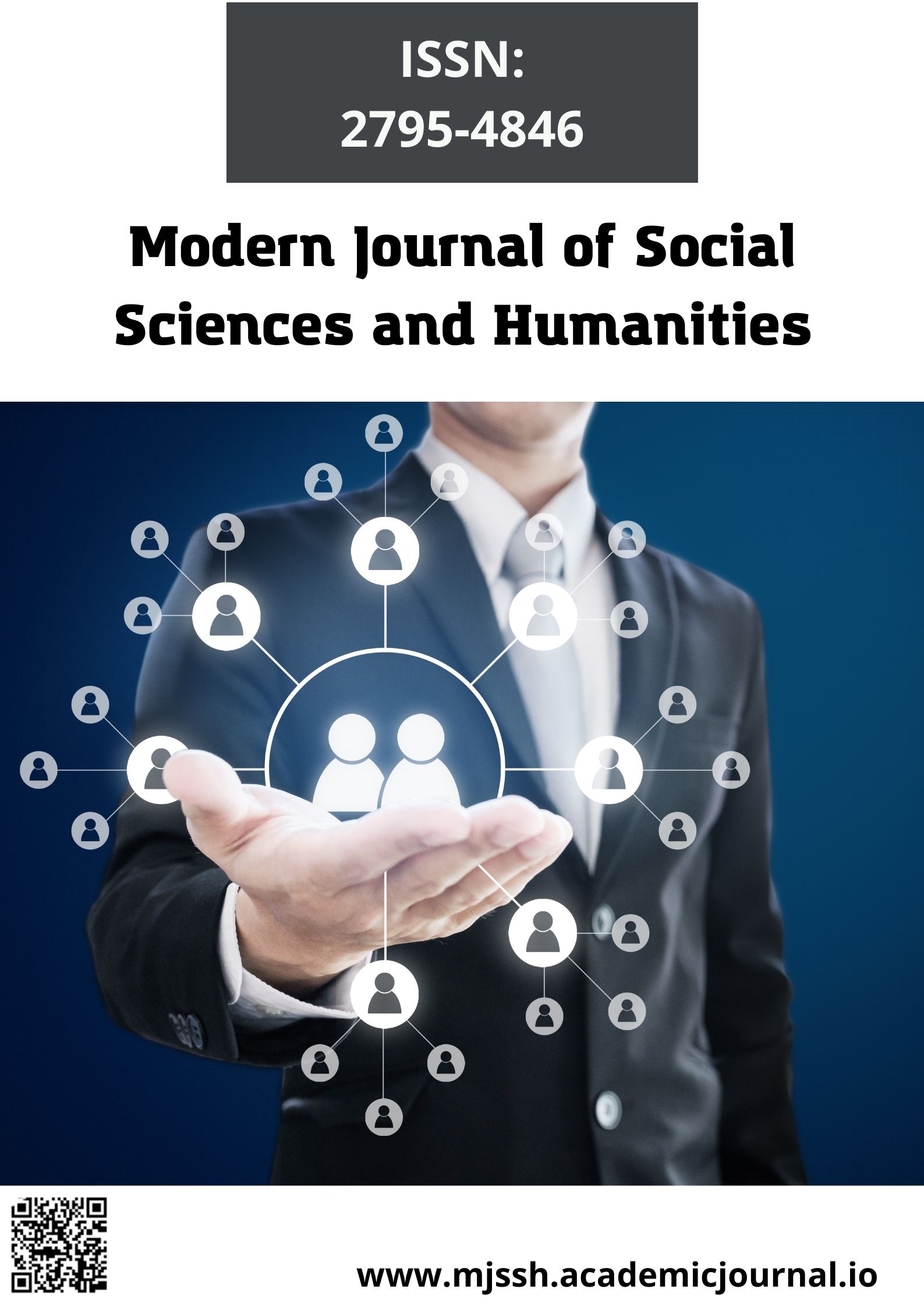Translation of Military Terms in the English - Uzbek Context
DOI:
https://doi.org/10.51699/mjssh.v1i7.436Keywords:
military terminology, military term, teaching methods, teaching of military vocabulary, military terms in uzbek and english terminologyAbstract
The article attempts to review the problems of teaching military terminology in the higher educational settings of the Republic of Uzbekistan. English is considered to be a language of international communication that is why, the universities which prepare the military officers should be aimed at teaching properly not only the military terms, but also ensuring development of communicative skills for future officers. Therefore, the combination of professional competence in the terminological sphere alongside with good speaking abilities may help the future military representatives to fulfill their tasks at reaching peace and performing humanitarian missions. It is alleged that when the language courses do not fully correspond to the stakeholders and students’ expectations and demands, the students seem less likely to acquire the target language. This study is going to focus on the main difficulties of teaching and learning bilingual military terminology and the problems that may arise during translation of these terms into English/Uzbek.
In this article, the most common teaching problems, as well as the wide spread trilingual translation challenges have been considered and compared. Methodology of the research includes the following methods: quantitative and qualitative analysis, content analysis, descriptive method, interview, questionnaires. The data has been collected from the cadets and professors of military departments of Uzbekistan universities. The study will consider the issues of using military terms in the process of teaching specific vocabulary to the cadets of Uzbekistan universities. The paper consists of several sections including the introduction and review of the literary sources provided by prominent authors of different countries. The second section discusses the significance of the research by presenting the methodology and data analysis of the collected material. The third section examines selected literature on English language learning particularly English for Specific Purposes (ESP). The fourth section explains the research methodology of this research, research object and relevance of the study. Next, the most critical section analyses the findings of this paper by providing answers arisen during the study. The last section closes the paper with conclusions and suggestions.
References
https://dexonline.ro; Collective of authors, AAP-06, NATO Glossary of Terms and Definitions (English and French), 2016, p. 89. Collective of authors, Collection of Terms, Concepts and notions of Reference in the Fields of Military Policy, National Security and Armed Defense, Military Publishing House, Bucharest, 2008, p. 185.
Collective Author, Military Lexicon, Saka Publishing House, Chisinau, 1994, p. 224.
Ibid. 4, p. 224.
Ibidem 3, p. 185. Collective of Authors, F.T./I-1, Mechanized Brigade Manual (Infantry, Light Infantry), Bucharest, 2008, pp. 357-358.






